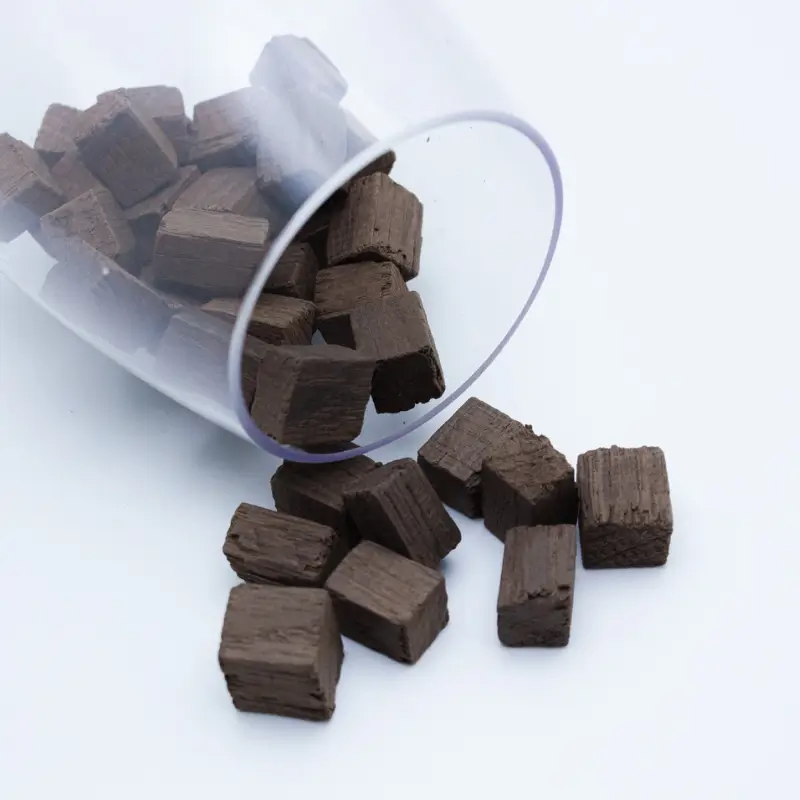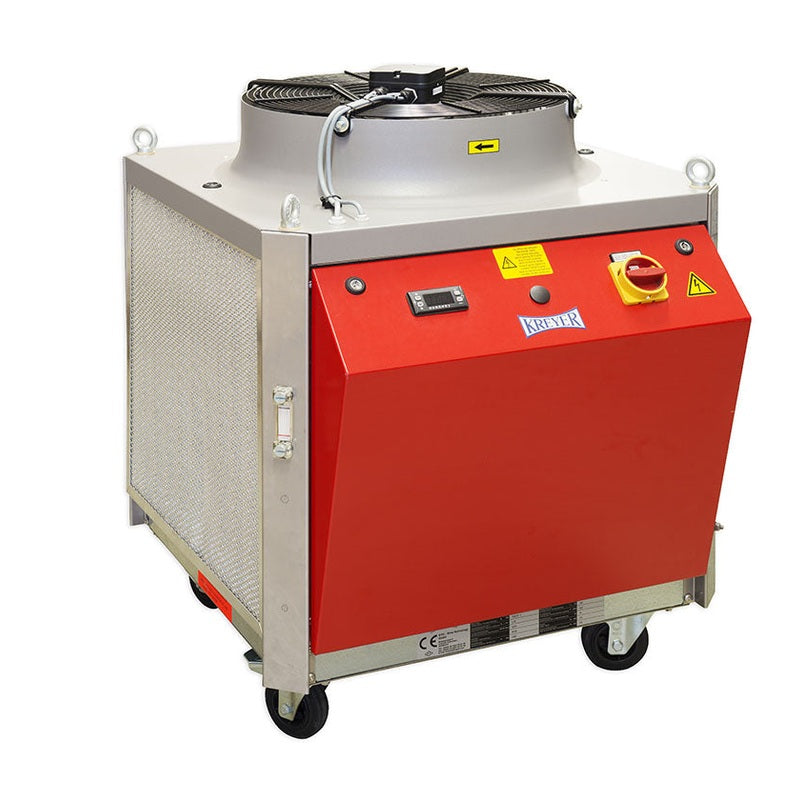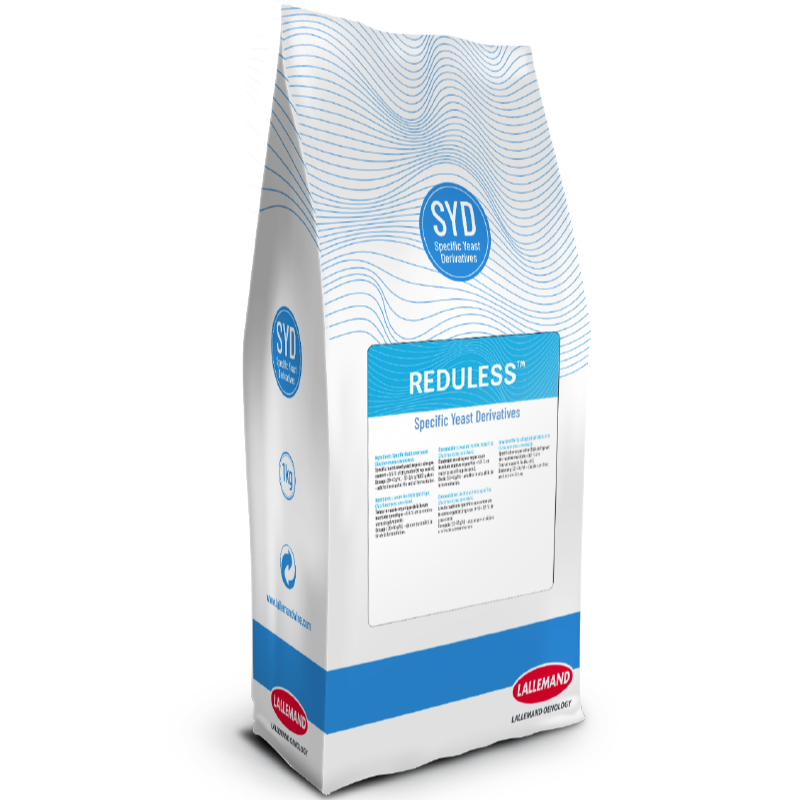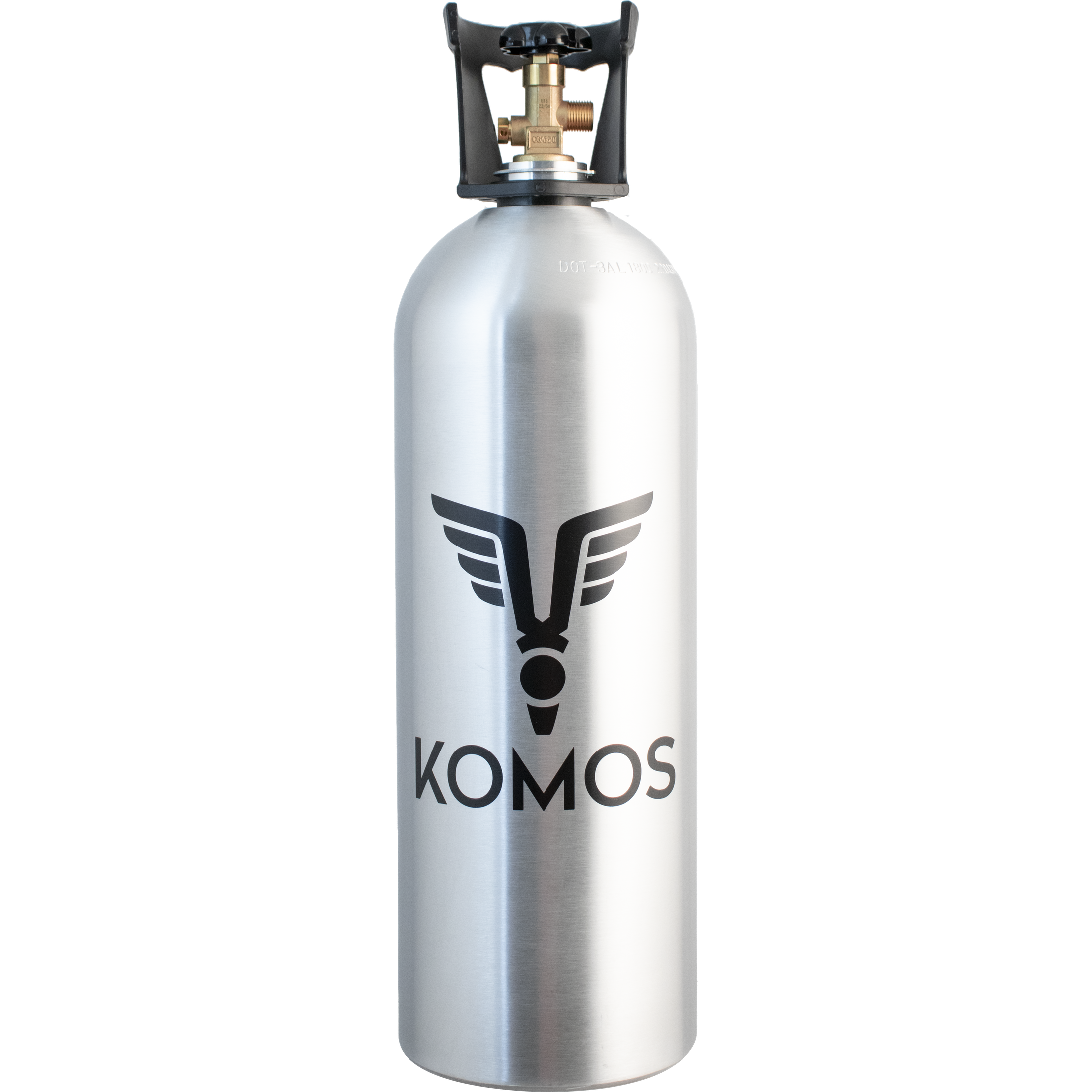

Items in Article
03/20/2025
By Olin Schultz
Protein stabilization is a critical step in winemaking, particularly for wines that are susceptible to protein haze formation. The need for protein stabilization arises from the potential presence of unstable proteins in wine, which can cause cloudiness or haziness under certain conditions. This is especially important in wines that may be exposed to temperature fluctuations during storage or transportation. Here's why and when winemakers perform protein stabilization:
Why Winemakers Do Protein Stabilization:
-
Preventing Protein Haze:
-
Some wines contain proteins, particularly chitinases and glucanases, which are naturally occurring and can form haze if not properly stabilized.
-
When exposed to temperature fluctuations, these proteins can bind with tannins and other wine components, causing them to precipitate, leading to visible haziness in the wine.
-
-
Improving Wine Clarity:
-
Protein haze can affect the aesthetic quality of the wine, making it less visually appealing.
-
Clear wines are often associated with higher quality and are more desiraOlin Schultzble to consumers, especially in white and rosé wines where clarity is a primary visual attribute.
-
-
Ensuring Wine Stability:
-
In addition to visual clarity, protein stabilization helps in ensuring that the wine remains stable under different storage conditions (temperature, light, etc.), ensuring that haze formation does not occur after bottling.
-
-
Protecting Wine Quality During Transportation and Storage:
-
Wines, especially those intended for long-term storage, are often exposed to temperature changes. Protein stabilization ensures that wines remain stable even in less controlled environments (e.g., shipping or warehouse storage).
-
-
Legal and Consumer Expectations:
-
Consumer preference for clear wine means that winemakers often stabilize wine to meet market expectations, particularly for white, rosé, and sparkling wines, which are more prone to haze.
-
Some regulatory standards require that wines are free of haziness to be considered "fit for sale" in certain markets.
-
Types of Wine That Require Protein Stabilization:
-
White Wines:
-
White wines are most susceptible to protein haze because they often contain higher levels of protein (particularly from grape juice and skins).
-
Young whites, in particular, benefit from protein stabilization to avoid haze formation, as they tend to be more reactive to temperature changes.
-
-
Rosé Wines:
-
Similar to whites, rosé wines are also prone to haze formation due to the presence of proteins, especially in wines that have a short skin contact period or use juice from young grapes.
-
-
Sparkling Wines:
-
Sparkling wines (such as Champagne or Cava) require protein stabilization to avoid haze after fermentation, especially since they undergo secondary fermentation and may be exposed to fluctuating temperatures during production and storage.
-
-
Sweet Wines:
-
Some sweet wines with high residual sugars can also be prone to protein instability due to the complexity of their chemical composition. Stabilizing these wines ensures long-term clarity and prevents haze formation during aging.
-
-
Wines with High Protein Levels (from grape variety or winemaking practices):
-
Certain grape varieties are known to produce wines with higher protein content (e.g., Chardonnay, Muscat, and Gewürztraminer).
-
Wines that undergo minimal filtration or are not clarified thoroughly may have higher protein levels, making them more likely to require stabilization.
-
Methods of Protein Stabilization:
Winemakers can stabilize wine proteins using a variety of fining agents, but by far and away the most popular is:
-
Bentonite Clay (the most common method): The negatively charged particles in bentonite attract and bind to positively charged proteins, causing them to precipitate and settle out of the wine.
When Protein Stabilization is Applied:
-
Typically, protein stabilization is done after fermentation but before bottling.
-
It is often done in spring or early summer after fermentation when wine temperatures are warmer, making the fining agents more effective.
MoreWine! Carries two types of bentonite at different price points, VOLCLAY® KWK KRYSTAL KLEAR® and Claril ZW. KWK is more of standard sodium bentonite at a lower price point while Claril ZW is a new modern bentonite mix. Claril ZW is a vegan mix of chitosan, plant protein and sodium bentonite designed for high-end wines at a higher price point. Claril ZW is also the preferred treatment before before using Zenith Uno for tartrate stabilization. Here is a comparison outo help you decide.
1. Type of Bentonite:
-
VOLCLAY® KWK KRYSTAL KLEAR®: This is a sodium bentonite, known for its high swelling capacity and ability to form a stable gel, making it effective for protein removal and clarification.
-
Claril ZW (Enartis): A sodium bentonite mixed with chitosan and and plant protein, it is specifically designed for low-foam fining and gentle protein stabilization. It has a lower impact on the sensory characteristics of the wine compared to other bentonites.
2. Swelling Capacity:
-
VOLCLAY® KWK KRYSTAL KLEAR®: Has a high swelling capacity, making it particularly efficient in clarifying wines quickly and thoroughly, often used in applications requiring fast protein removal and high clarity.
-
Claril ZW (Enartis): Has a moderate swelling capacity compared to VOLCLAY. It is more gentle in its action, which allows for effective protein removal without significantly affecting the wine's flavor or aroma.
3. Specific Applications:
-
VOLCLAY® KWK KRYSTAL KLEAR®: Ideal for high-clarity applications, especially in white, rosé, and sparkling wines. It is used when the primary goal is crystal-clear wines with minimal protein content.
-
Claril ZW (Enartis): Specifically formulated for premium wines, especially those with delicate aromas and flavors. It is used for low-foam fining, where gentle protein removal is required to preserve the wine’s sensory profile.
4. Speed and Efficiency:
-
VOLCLAY® KWK KRYSTAL KLEAR®: Known for its fast settling time, this bentonite is highly effective in applications where quick clarification is necessary. It is often used in sparkling wine production, where speed is critical.
-
Claril ZW (Enartis): Generally requires a moderate amount of time for fining, as it is designed for more gentle, non-disruptive protein stabilization. It’s effective in applications where preserving wine quality is key.
5. Purity and Effect on Sensory Characteristics:
-
VOLCLAY® KWK KRYSTAL KLEAR®: While it is highly effective at clarifying wine, it may have a slightly stronger impact on the wine’s aroma or flavor due to its high swelling capacity. This is especially relevant in wines where delicate aromas are a consideration.
-
Claril ZW (Enartis): This bentonite is specifically designed to have minimal impact on sensory characteristics. It is preferred for premium wines that require a gentle fining process without sacrificing flavor or aroma.
6. Ideal Use Cases:
-
VOLCLAY® KWK KRYSTAL KLEAR®: Best suited for wines that require high clarity, such as white, rosé, and sparkling wines. It is also effective in situations where you need fast protein removal and clarification.
-
Claril ZW (Enartis): Best suited for premium wines with delicate profiles, including premium whites, reds, and sparkling wines. It is used where gentle fining is crucial to preserve the aromatic and sensory properties of the wine.
7. Cost and Efficiency:
-
VOLCLAY® KWK KRYSTAL KLEAR®: Tends to be slightly more expensive due to its high-performance characteristics and quick settling times. It is an ideal choice for producers focused on achieving exceptional clarity quickly.
-
Claril ZW (Enartis): While it may be priced higher than some other general bentonites, the cost is often justified by its low impact on flavor and gentle fining capabilities, making it particularly valuable for premium wine production.
Summary Comparison:
|
Feature |
VOLCLAY® KWK KRYSTAL KLEAR® |
Claril ZW (Enartis) |
|
Type of Bentonite |
Sodium bentonite |
Sodium bentonite |
|
Swelling Capacity |
High |
Moderate |
|
Best For |
High-clarity wines, sparkling |
Premium wines, gentle fining |
|
Speed of Fining |
Fast clarification |
Moderate (gentle) |
|
Sensory Impact |
Some impact on aroma/flavor |
Low impact on aroma/flavor |
|
Purity |
High |
High |
|
Ideal Wines |
White, rosé, sparkling wines |
Premium whites, reds, sparkling |
|
Cost |
More expensive |
Higher, premium application |
Conclusion:
-
VOLCLAY® KWK KRYSTAL KLEAR® is highly effective for fast clarification and achieving high clarity, making it ideal for white, rosé, and sparkling wines. Its high swelling capacity ensures it can remove proteins quickly, but it may have a slight impact on flavor and aroma.
-
Claril ZW (Enartis) is the gentler option, focused on premium wines where preserving aromas and flavors is critical. It works well for low-impact fining and is well-suited for wines that require a gentle touch in the fining process.
If you are producing high-quality wines with an emphasis on preserving the sensory profile, Claril ZW is the better choice. However, for clarity-focused applications or quicker processing, VOLCLAY® KWK KRYSTAL KLEAR® may be more effective.






